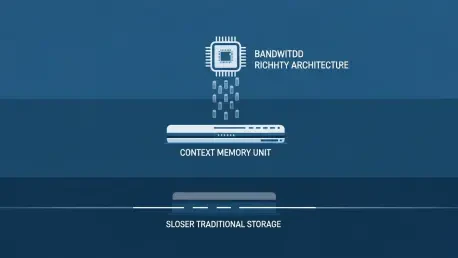
The vast digital landscape is increasingly populated by artificial intelligence, yet most of these interactions remain fleeting and transactional, designed for quick answers rather than lasting relationships. A groundbreaking partnership between real-time engagement leader Agora and emotional AI

In a strategic move to align its workforce with the demands of a rapidly digitizing global economy, Ho Chi Minh City has officially approved a groundbreaking scheme to weave artificial intelligence and big data into the very fabric of its vocational education system. This ambitious initiative aims

In the relentless pursuit of automation, the slightest imperfection in vision can lead to catastrophic failures, where a blurred barcode or a misidentified part brings an entire production line to a halt. The Falcon-235CGS is an intelligent vision system engineered to conquer these exact

The relentless pace of modern legal practice, marked by expanding caseloads and escalating client demands for faster, more cost-effective services, is compelling law firms to fundamentally rethink their operational strategies. In this high-pressure environment, artificial intelligence has emerged

A groundbreaking prospective study launched by South Australian health-tech innovator Addend AI is poised to transform the detection of osteoporosis by using artificial intelligence to analyze standard chest X-rays, turning a routine diagnostic tool into a powerful instrument for preventative

The evolution from single-interaction chatbots to sophisticated, stateful artificial intelligence agents capable of executing complex workflows has introduced an infrastructural bottleneck that threatens to stall progress. These advanced agentic systems are designed to reason over extended periods,